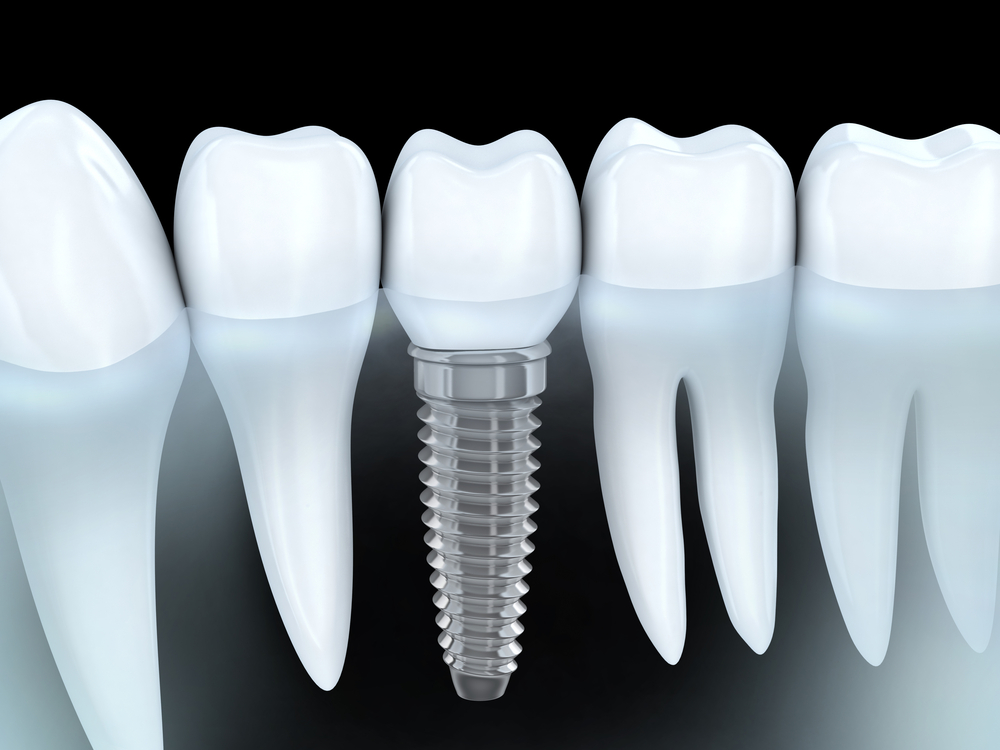
Dental Implants
Dental implants have revolutionized the field of dentistry, providing a permanent and effective solution for the replacement of missing teeth. These implants serve as artificial tooth roots, offering stability and functionality similar to natural teeth. The process involves the surgical placement of a titanium post into the jawbone, onto which a prosthetic tooth or crown is attached.
One of the key benefits of dental implants is their ability to mimic the structure and function of natural teeth. The titanium implant fuses with the jawbone through a process called osseointegration, creating a stable foundation for the replacement tooth. This integration not only provides durability but also helps prevent bone loss in the jaw, maintaining the overall structure and integrity of the facial bones.
Dental implants offer a versatile solution for tooth replacement. Whether a patient is missing a single tooth, multiple teeth, or even all of their teeth, implants can be customized to meet individual needs. Implant-supported crowns, bridges, and dentures provide natural-looking and long-lasting solutions, restoring both aesthetics and functionality.
The process of getting dental implants typically involves several steps. After an initial assessment and treatment planning, the dental implant is surgically placed into the jawbone. Following this, a healing period allows for osseointegration to occur, ensuring the implant becomes securely anchored in the bone. Once healed, an abutment is attached to the implant, and a custom-made prosthetic tooth is affixed to the abutment, completing the restoration.
Dental implants offer advantages over traditional tooth replacement options such as bridges or dentures. Unlike bridges that require the alteration of adjacent healthy teeth for support, implants do not affect neighboring teeth. Additionally, implants provide a more stable and comfortable solution compared to removable dentures, eliminating concerns about slipping or discomfort during eating or speaking.
While dental implants boast high success rates, not everyone is an ideal candidate. Factors such as overall health, jawbone density, and oral hygiene play a role in determining candidacy. In cases of insufficient bone volume, bone grafting procedures may be recommended to enhance the implant’s stability.
Dental implants contribute not only to improved oral health but also to enhanced quality of life. They restore confidence in one’s smile, allow for natural chewing and speaking abilities, and eliminate the inconvenience associated with removable dentures. With proper care, including regular oral hygiene practices and dental check-ups, dental implants can last a lifetime, making them a durable and reliable solution for tooth replacement.

